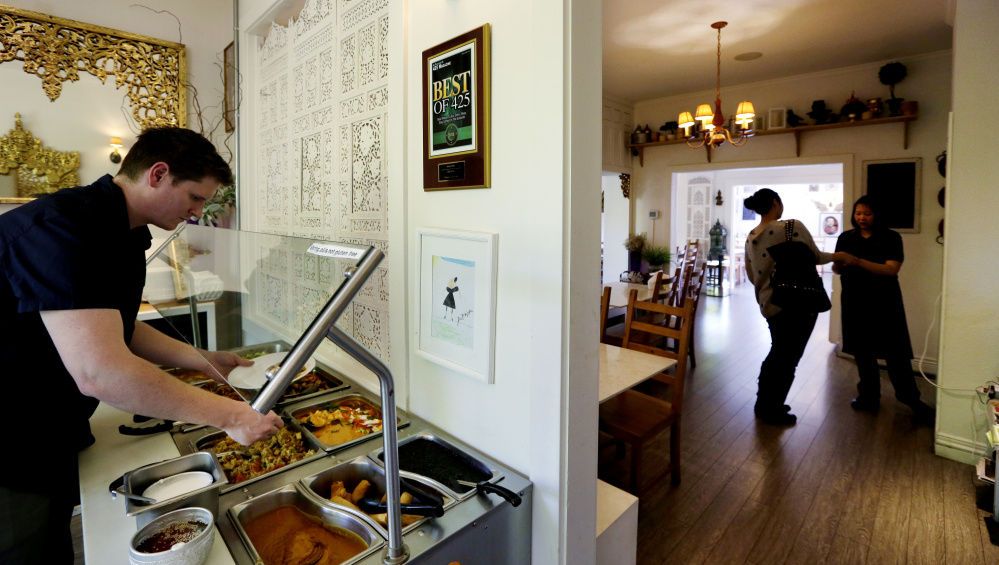A $10.10-an-hour minimum wage has been in place in Portland since January, but it’s unclear whether workers are actually getting all the money they’ve earned. That’s because enforcement depends on employees coming forward and reporting wage violations. And many workers fear retaliation if they speak up.
Exact figures on the extent of wage-law compliance and violations are hard to come by. But the annual loss to workers totals in the hundreds of millions, according to the Economic Policy Institute. The left-leaning think tank based its estimate on the total amount of money recovered for employees who retained private lawyers or complained to federal or state agencies in 2012.
When Portland joined the growing number of U.S. cities and counties that have raised local base pay above state minimums, it also took over the responsibility of enforcing the new ordinance.
Like many other small cities with legislated higher wages, Portland’s enforcement model calls on underpaid workers to turn in their employers. Elsewhere, violations are uncovered in court – like SeaTac, Washington, where over a dozen class actions have been filed since its wage ordinance took effect in 2014.
Of course, many workers who’ve been shortchanged never sue or contact the government. They don’t have the time or the money, or they’re worried that they’ll lose their job, have their hours cut or be demoted for whistleblowing.
This could change if Maine voters were to pass the $12 minimum that’s on November’s statewide ballot. Unlike Portland, the Maine Department of Labor has designated staff to handle investigations of minimum-wage complaints.
And researchers have identified best practices that governments can adopt to ensure that workers get promised minimum-wage hikes, such as:
• Partnering with community organizations to educate workers and businesses.
• Tightening penalties to deter retaliation and further wage-law violations.
• Focusing resources by targeting high-risk industries and repeat offenders to find violators before employees turn them in.
Wage violations hurt not only employees but also honest businesses, whose labor costs are undercut by unscrupulous employers, and state and local economies, which lose out when fewer dollars are circulating to businesses. Passing a $12 state minimum would pave the way for stronger enforcement, rewarding fair-minded Maine employers and helping make sure all Maine workers get paid what they’ve earned.
Send questions/comments to the editors.


